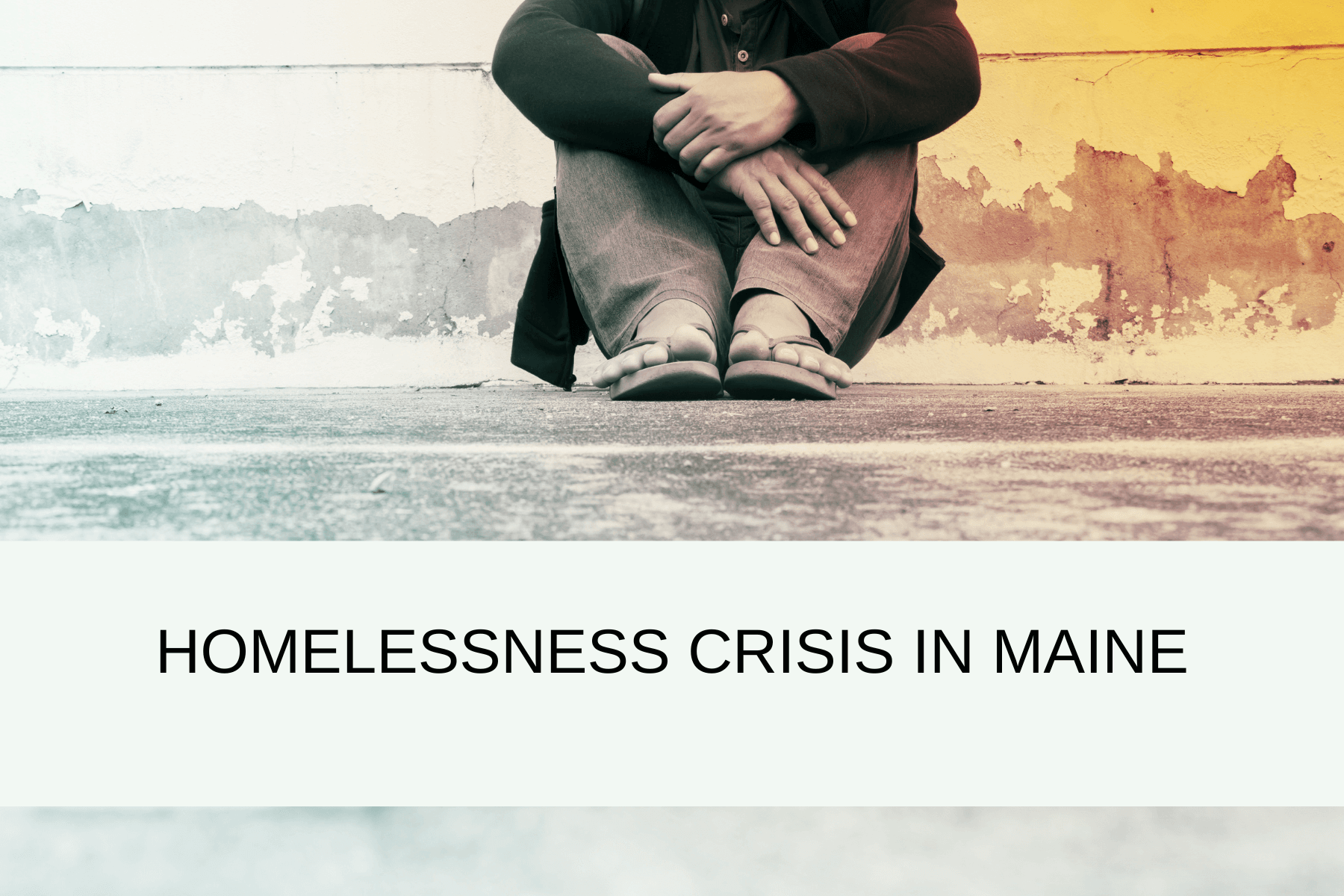Advocacy

Maine, a state renowned for its natural beauty and close-knit communities, is grappling with a growing homelessness crisis that demands urgent attention and advocacy. The harsh winters and limited affordable housing options have left a significant portion of the population without a stable roof over their heads. Families, veterans, youth, and individuals struggling with mental health challenges find themselves caught in a cycle of instability, with limited access to basic necessities. This crisis not only jeopardizes the well-being of those experiencing homelessness but also strains local resources and community cohesion. It is essential for Mainers to come together and advocate for the establishment of comprehensive homeless shelters that provide not only temporary relief but also pathways to long-term stability.

Homeless shelters play a pivotal role in addressing the immediate needs of individuals and families experiencing homelessness in Maine. These shelters offer a safe haven from the harsh elements, provide nutritious meals, access to hygiene facilities, and a chance to reconnect with essential services like healthcare and job training. However, for homeless shelters to be truly effective, they must go beyond just providing emergency relief. Advocacy efforts should focus on shelters that offer holistic support, including mental health counseling, substance abuse treatment, educational opportunities, and assistance in finding permanent housing. By addressing the root causes of homelessness and providing the necessary resources for individuals to regain their independence, Maine can build a stronger and more inclusive community.

To create lasting change, it is imperative for individuals, communities, nonprofits, and government agencies to come together and advocate for increased funding, resources, and policy reforms that support homeless shelter initiatives. Grassroots campaigns, awareness drives, and collaborations with local businesses can raise the profile of the homelessness crisis and garner public support for effective solutions. Engaging with state and local representatives to prioritize homelessness on the legislative agenda is crucial, as it can lead to the allocation of funds for shelters, affordable housing programs, and supportive services. By fostering a culture of empathy, compassion, and collective action, Maine can make significant strides toward ending homelessness and ensuring a brighter future for all its residents.
